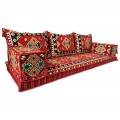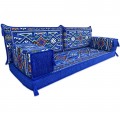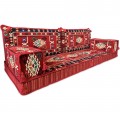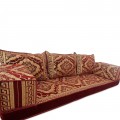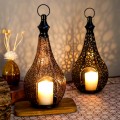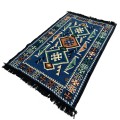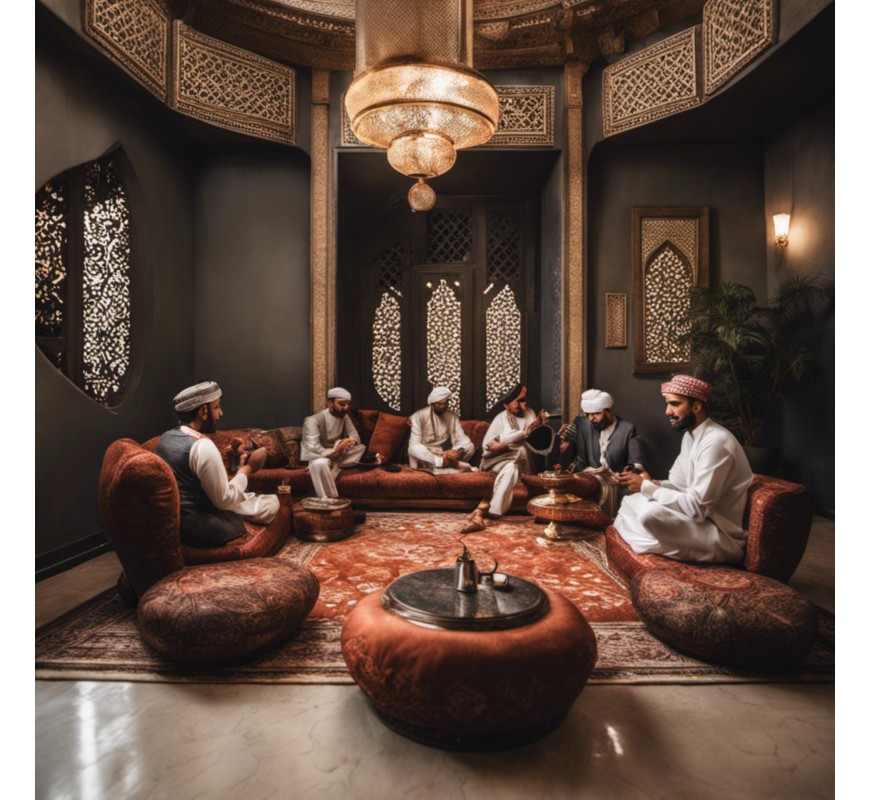Exploring the Significance of the Arabic Majlis Tradition in Modern Times
Aug 29, 2023 Uncategories 0 Comments
In this blog post, we can delve deeper into the history and cultural significance of the Arabic Majlis tradition. We can discuss how this tradition has evolved over time and how it is still relevant in modern times. We can also explore the role of the Majlis in promoting community and social cohesion in Arab culture. Additionally, we can provide tips on how to create a Majlis space in your own home and how to incorporate traditional Arabic elements into your decor. This blog post would be perfect for anyone interested in learning more about Arab culture and traditions.The Arabic Majlis tradition continues to hold significant importance in modern times for several reasons:1. Cultural Continuity: The Majlis tradition allows for the preservation and celebration of Arabic culture and customs. It serves as a reminder of the rich history and traditions of the region, helping to pass down cultural practices and values from one generation to the next.2. Social Cohesion: The Majlis promotes social interaction and fosters a sense of community. It brings people together, strengthens family bonds, and allows for the exchange of ideas and experiences. In a fast-paced and increasingly individualistic world, the Majlis offers a space for meaningful connections and relationships.3. Hospitality and Generosity: The Majlis embodies the values of hospitality and generosity that are deeply ingrained in Arabic culture. It is a symbol of welcoming guests and making them feel respected and valued. The tradition of offering refreshments and engaging in polite conversation enhances the overall experience of hospitality.4. Decision-Making and Problem-Solving: The Majlis continues to be a place for important discussions, decision-making, and problem-solving. It provides a platform for individuals to come together and deliberate on matters that affect the community or family. The inclusivity and egalitarian nature of the Majlis create an environment where everyone's opinion is heard and valued.5. Design and Architecture: The design and architecture of the Majlis have also evolved to suit modern tastes and lifestyles. While traditional floor seating is still prevalent, modern Majlis may also incorporate comfortable seating options like sofas and chairs. This allows for greater flexibility and adaptability to different preferences and needs.In summary, the Arabic Majlis tradition remains significant in modern times as it serves as a cultural anchor, promotes social cohesion, upholds traditional values, facilitates decision-making, and adapts to changing lifestyles. It continues to be a cherished aspect of Arabic and Middle Eastern culture that brings people together and fosters a sense of community and belonging.In Arabic and Middle Eastern culture, the Majlis seating is extremely important as it is the traditional arrangement for receiving guests. It refers to a formal seating area that is typically placed in the main living room of a home or a public building.Majlis seating consists of floor seating options such as cushions, carpets, pillows or low benches that are arranged in a circle or a square. It is designed to create a sense of community and promote social interaction.The Majlis is not only meant for socializing and hospitality but also serves as a place for important discussions, decision-making, and problem-solving.Majlis seating is also a reflection of the values and traditions of Arabic and Middle Eastern culture. It exemplifies the importance of hospitality, respect for guests, and communal living. It is a symbol of the Middle Eastern way of life, which is known for its warmth, generosity, and inclusivity.







